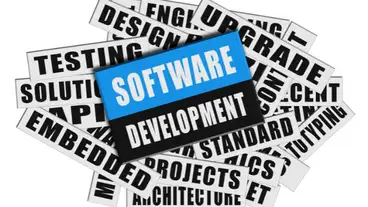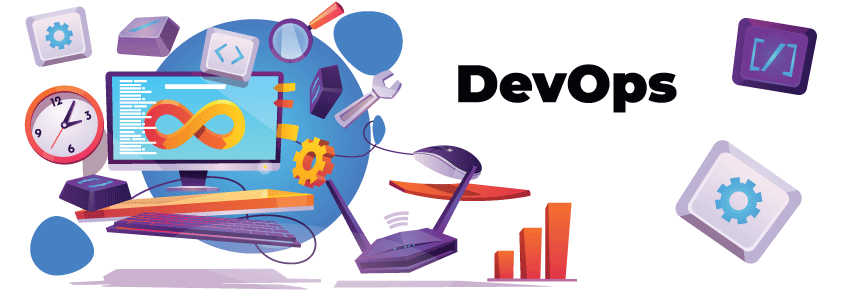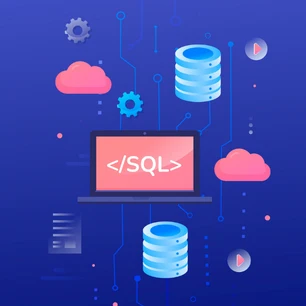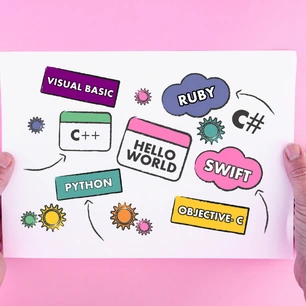A DevOps engineer is a critical part of a development team. Their work includes creating software and systems that enable the release of new features and applications. This highly collaborative role requires leadership skills and a commitment to quality. DevOps engineers also conduct quality assurance and security measures in addition to building software, gathering customer feedback, and suggesting improved workflows. Top performers pitch new ideas for a company's products or services based on technological advancements and market gaps.
A strong computer science background
If you're interested in becoming a DevOps engineer, you need to have a strong background in computer science, particularly in computing. DevOps engineers must be able to analyze user requirements and create testable software and services. They also need to be capable of managing and leading a team. The ideal candidate will be able to work under pressure and maintain a cool head. DevOps hiring managers are more interested in an engineer's mindset than the tools they use.
DevOps engineers must understand various programming languages, operating systems, and cloud environments. They must also understand process management, virtualization, threading, and file systems. Learning Linux is essential for this role, as Linux administration requires familiarity with various file systems. It is also important to have a good knowledge of security and networking.
knowledge of advanced software development practices
The DevOps engineer role requires a unique set of skills. It requires knowledge of advanced software development practices, processes, and people. This person is expected to work collaboratively with management and technical teams. In addition, they should be comfortable using scripting languages and be familiar with Linux and other open-source technologies.
DevOps engineers are responsible for integrating various components, such as coding, messaging tools, and SQL data management, into one cohesive system. Since these processes are often iterated and combined at various stages, they need to be familiar with the various tools used to build a software application.

A DevOps Engineer must have strong communication skills and be comfortable working with teams. Modern software isn't created in a traditional way but rather with open-source technologies that stitch together existing pieces of code. Therefore, a DevOps Engineer must have the ability to adapt to this new paradigm and make it work effectively for the entire team.
Knowledge of scripting languages
DevOps engineers are responsible for automating the management of IT infrastructure. The role involves using scripting languages to manage systems. These languages include Bash, Python, JavaScript, and PowerShell for Windows. Additionally, the DevOps engineer should be familiar with serverless functions, such as AWS Lambda and CloudWatch Events.
DevOps engineers can be developers or system administrators. They can also be a member of the security team. The latter works with the development team to ensure the software is secure. Quality engineers monitor the software's compliance with standards and client requirements.
While knowledge of Java, C++, and Python is not strictly required for DevOps engineer roles, having some knowledge of them will make you stand out from the rest. Most companies have a Linux environment and master nodes for various CM tools. DevOps engineers should be familiar with these platforms, allowing for greater flexibility and agility. They should also be familiar with Bash since it allows for unlimited control of CI/CD servers and automate many manual tasks.
Ability to automate the entire DevOps process from start to finish
Automation can streamline processes and make them more predictable and repeatable. DevOps involves automating everything from code generation on the developer's local machine to deploying and monitoring applications. It also reduces human error by removing manual tasks. Automated tools also enable teams to work more efficiently.
One of the key benefits of automating DevOps processes is faster delivery. By automating the processes at all levels, teams can move planned work from development to production with minimal human intervention. This results in higher productivity, fewer bugs, and a better product. DevOps also enables organizations to track and address issues as early as possible.
The main goal of DevOps is to optimize the delivery pipeline and integration process. Automating the delivery pipeline will reduce the time to market for a product. But to fully realize these benefits, teams must adopt the appropriate tools. Luckily, there are many tools available that can help automate the entire process from start to finish.
Ability to work with cross-functional teams
As a DevOps engineer, working with cross-functional teams is one of the most important qualities. Working on a cross-functional team is a great way to solve problems faster than you can work alone. Cross-functional teams include people from different departments, each bringing unique skills and ideas. For example, a marketing expert can help you gather feedback from customers. They know what conditions are optimal for interactions with your customers so that they will provide you with valuable input.
Cross-functional teams are a great way to improve communication. They combine the expertise of specialists from different teams to create a better product. They also enable faster collaboration between specialists.












